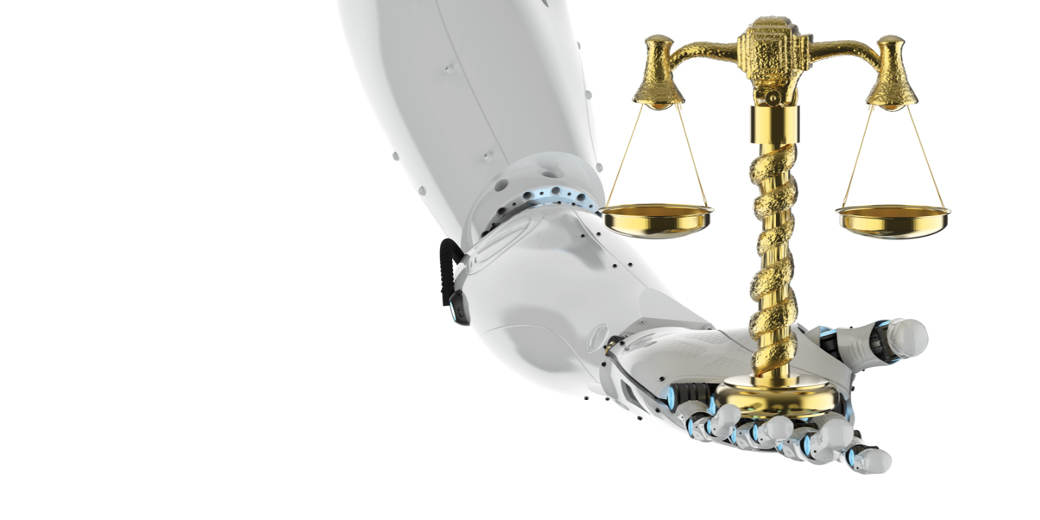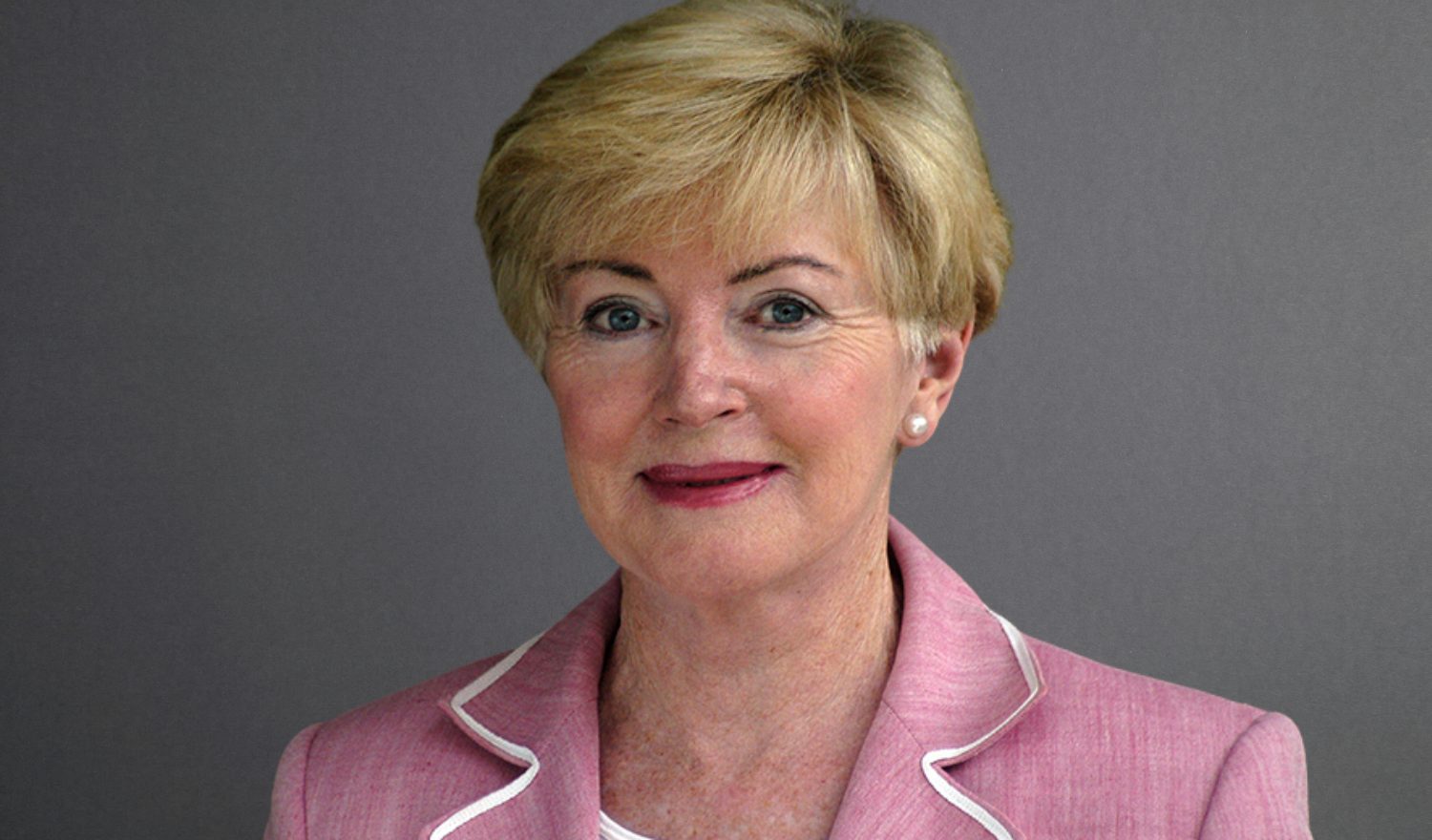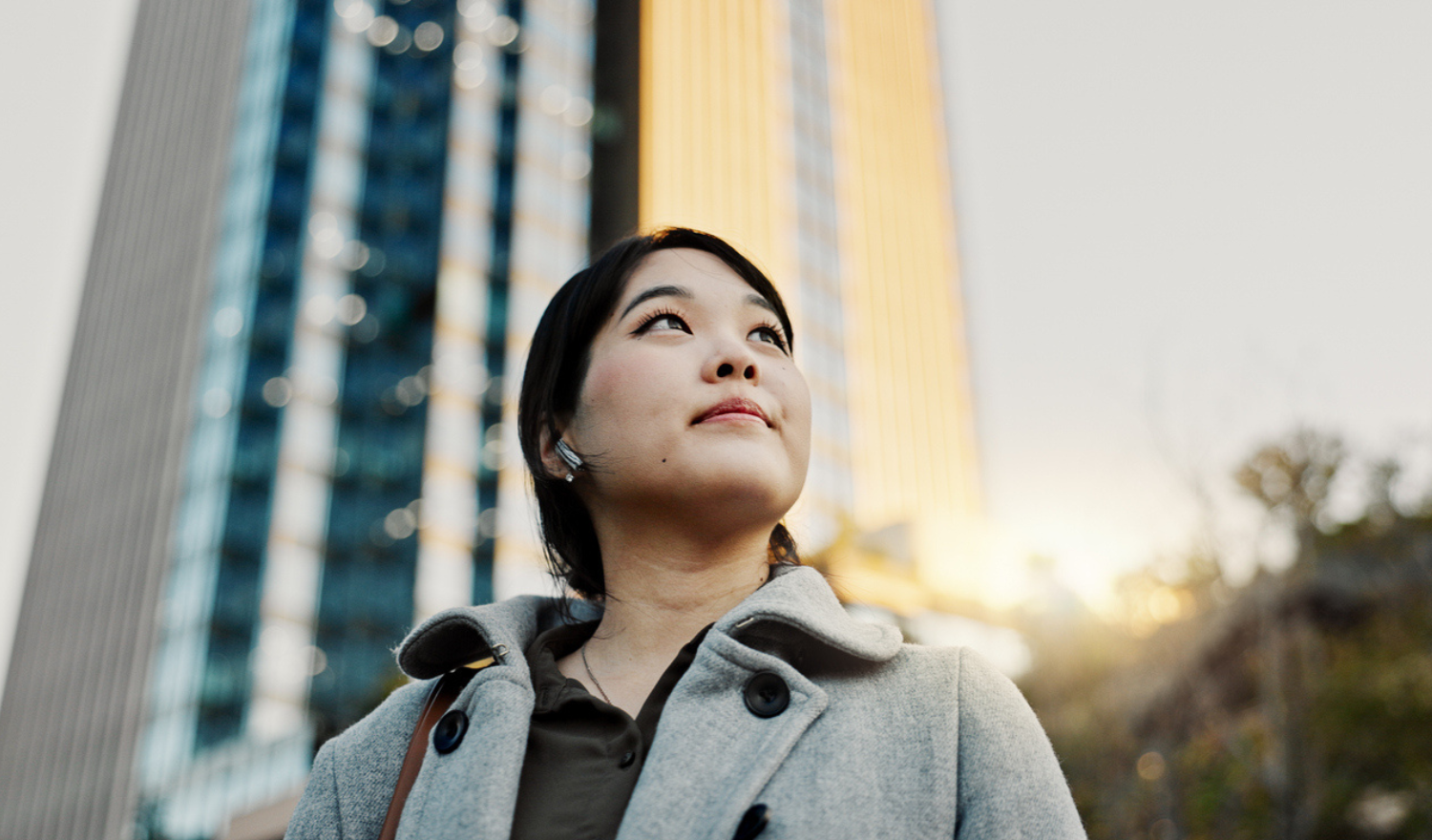If you had told barrister Helen Tung she would leave a career as a London litigator to venture into space law in the UAE - with a stint in a satellite propulsion startup on the way - it’s unlikely she would have believed you.
Space law is a growing field as humanity embraces space exploration with renewed vigour, propelled by private interests and national endeavours. We caught up with Helen Tung, College of Law lecturer in international arbitration, on her pioneering career in space law and to find out about the opportunities available for those interested in exploring the final legal frontier.
The quarter-life crisis that led to NASA
Helen started her career as a “traditional barrister”, primarily working on international commercial cases. She worked her way up from the local courts and county courts, all the way to the Court of Appeal.
“In 2015, I had what you would call a ‘quarterlife crisis’,” Helen recalls. She returned to Australia, and as a foreign registered lawyer, she worked on a variety of assignments in-house and as counsel.
“I think space law chose me, rather than the other way around!” Helen says. “I was given the opportunity to attend Singularity University. There, I learned all about emerging technologies. I spent three months at NASA. This opportunity allowed me to meet people in the space sector, and speak to astronauts.”
Helen was offered a European Space Agency (ESA) scholarship to study space engineering at the International Space University. Helen attended the Faculty of Aerospace Engineering at the Delft University of Technology in the Netherlands as part of the Space Summer Program.
“I was pretty lucky to have the chance to enter the Space sector this way,” Helen says. “For those interested in the sector, there are plenty of opportunities - in law, engineering, marketing and business development. It’s very much a blue ocean field. I think people who are innovative, creative, and have the desire can make, or find a role. It can be a very fulfilling opportunity to contribute to the space sector.”
Lessons post lift-off: Helen’s Satellite Propulsion Startup
As Helen boldly ventured beyond the traditional bounds of a classic commercial litigator, she stepped out of the law - co-founding a satellite propulsion startup.
“We won first prize in a space Masters competition, but things didn’t work out,” Helen explains. “I had the wonderful opportunity of learning to fail fast, the Silicon Valley mindset of how to think and operate like an entrepreneur.”
“I have to say, being an entrepreneur is very different to being a lawyer, where there’s a lot of certainty, and you might expect things to go a certain way,” Helen observes. “In entrepreneurship, you should expect the opposite - a rollercoaster ride. You have to be flexible and pivot when issues arise.”
Helen’s pivot was to accept an offer to become a Minerva Fellow at the EU-Japan Centre, charged with exploring how to double the size of Japan’s space sector.
“I took a grassroots approach,” Helen says. “I interviewed entrepreneurs, professors, members of government departments and the private sector, to better understand the Japanese landscape.”
What she discovered was something she described as a “very beautiful problem.”
“The Japanese had money to spend, but they didn’t know the entrepreneurs, who in turn had amazing ideas,” Helen shares. “Through this, I was able to bring investors to Europe, and connect investors with entrepreneurs and startups.”
Discovering the Middle East’s space ambitions
Helen’s adventures in space law next found her in the United Arab Emirates (‘UAE’).
“The UAE was an opportunity to work with the world’s largest reinsurer on rocket launchers and satellites,” Helen says. “It was an incredible journey. It was tough at the beginning, though over time, I learned the business culture, how people negotiate, and a little bit of Arabic. It was more of a mindset shift. I really needed to adapt to that environment. I thoroughly enjoy how fast paced things are in the UAE.”
It’s a promising region in terms of space law.
“As a young nation, they are really aspirational, and they have achieved so much,” Helen says. “For instance, they’ve launched a probe to Mars, a rover to the Moon and sent their own astronauts to space. It’s not an easy task, and it’s expensive. The UAE, and notably Saudi Arabia, has really shown the world that they can punch above their weight, sending their own astronauts to space.”
According to Helen the Middle East has a thriving space sector.
“Likewise, it’s given hope to many developing countries across the world, including the likes of the Philippines and Thailand, to try to engage with the space sector.”
Given the breadth of issues and specialist knowledge required of Helen, her work can vary immensely from day to day.
“I would call myself more of an ‘entrepreneurial lawyer’, as I deal with things as they come,” Helen says. “I’m very much a troubleshooter. I try to solve problems.
“My day could range from giving a talk about an ESG class action to lecturing students in the College of Law’s International Arbitration course, to advising a space startup anywhere in the world, to holding meetings with the International Institute of Space Law. I might also conduct research or analysis for clients, as necessary. So my work is very varied, interesting, and rewarding.”
Opportunities for space law hopefuls
Space law, at this stage, is a blue ocean of opportunity and Helen encourages other space law-curious lawyers to engage with the sector as there are many avenues to grow and develop. For example, space resources - how resources in space might be dealt with when they are extracted and taken to Earth - is one such area. Another is space debris.
“This is being examined very closely by space agencies, including the European Space Agency,” Helen says. “From a private sector perspective, there have been a lot of public-private initiatives and partnerships. Developing areas like small satellite insurance are also important.”
With a background in litigation, Helen expects the body of case law will grow as the greater community is more engaged in the space sector.
Helen is involved in the Courts of the Future Working Group and the DIFC Space Courts, which are initiatives from the Dubai International Financial Centre.
“It was launched with a view of tackling real life space law splits,” Helen explains. “It’s something to keep an eye on, as more innovative judicial systems support businesses in this field.”
The breadth of opportunities is what makes space law so rewarding.
“You can embark on solving challenging problems we may never have faced before, much like you would when you deal with AI or emerging technologies,” Helen says.
For lawyers keen to explore a career in space law, Helen urges them to bring a curious and open mind, as well as persistence.
“Speak to people in this field, and don’t give up - it’s a growing area. There is a need for lawyers skilled in various areas of law, so the opportunities are certainly there.”
































![How to handle Direct Speech after Gan v Xie [2023] NSWCA 163](https://images4.cmp.optimizely.com/assets/Lawyer+Up+direct+speech+in+drafting+NSW+legislation+OCT232.jpg/Zz1hNDU4YzQyMjQzNzkxMWVmYjFlNGY2ODk3ZWMxNzE0Mw==)

























































